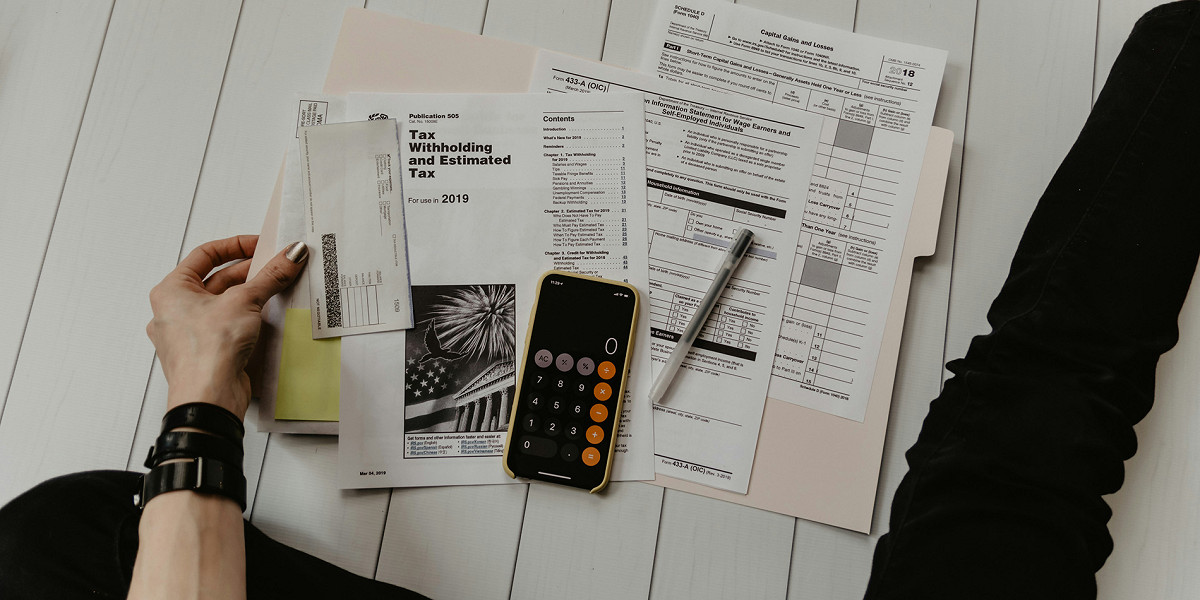Are you considering purchasing property in Spain or already own one? It's essential to understand the nuances of the local property tax system, particularly the IBI tax. Let's delve into what IBI tax is, who should pay it, why, and how.
What is the IBI Tax?
IBI, short for "Impuesto sobre Bienes Inmuebles," is a property tax unique to Spain, also known as SUMA in some regions. This tax applies to a variety of properties, including residential homes, commercial properties, and rural land. The IBI tax is a crucial revenue source for local municipalities, supporting public services like road maintenance, parks, street lighting, education, and healthcare.
Calculation of IBI Tax
The calculation of IBI tax is based on the cadastral value of the property, which considers factors like size, location, construction costs, and proximity to public infrastructure. Local town halls determine this value, which is typically lower than the market value (about 30% to 40% less). The cadastral value is adjusted every 8 to 10 years. The IBI rate, ranging from 0.4% to 1.3%, is then applied to this value, with variations based on location and the extent of public services provided by local authorities.
Who Pays IBI Tax and Why?
If you own property in Spain, regardless of its condition, you are responsible for paying IBI tax. The revenue from IBI tax is used for the upkeep of local community infrastructure and services. However, certain properties are exempt, such as those owned by the state, autonomous communities, or local entities dedicated to public safety or educational services, state-owned properties for national defense, properties belonging to the Red Cross or embassies, and those catalogued as historical heritage.
The Payment Process
IBI tax payments are typically due annually, aligning with the fiscal year starting on January 1st. Town halls usually send out payment requests, detailing the amount, deadline, and payment methods. Property owners have the option to make a one-time payment or split it into two installments. Payment methods include in-person payments at town halls or banks, online payments, or setting up a direct debit. Some town halls offer discounts for early payments and surcharges for late payments.
Consequences of Non-Payment
Failure to pay IBI tax can lead to penalties ranging from 5% to 20% for late payments, and in severe cases, the local authority may freeze your bank account or seize your property. It's crucial for non-resident property owners to be aware of their IBI tax obligations, as unpaid taxes can lead to complications when selling the property or taking out a loan.
Conclusion
Understanding and complying with IBI tax obligations is key to a seamless property ownership experience in Spain. As a leading real estate agency, Spain Costas is committed to helping you navigate these responsibilities, ensuring that your dream of owning property in Spain is fulfilled without any tax-related hurdles. Whether you're buying a cozy apartment in Barcelona or a villa in Costa del Garraf, understanding IBI tax is an essential step in your journey.

